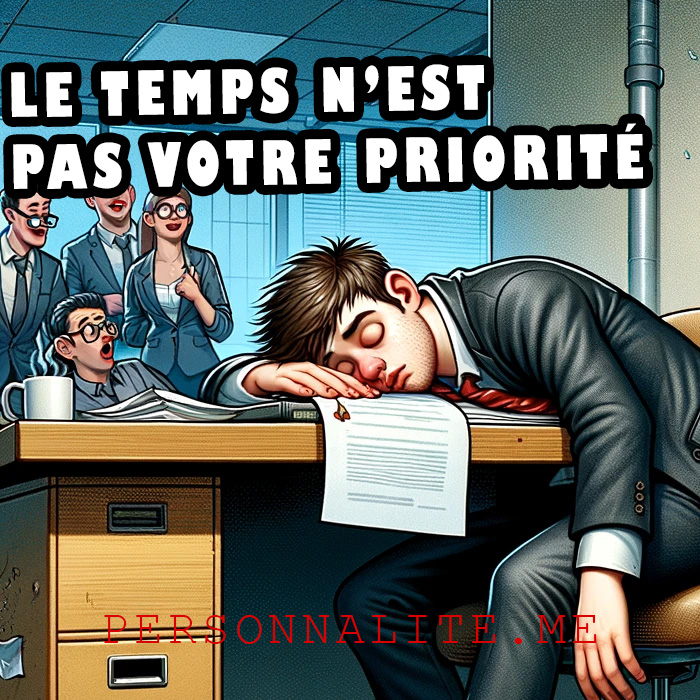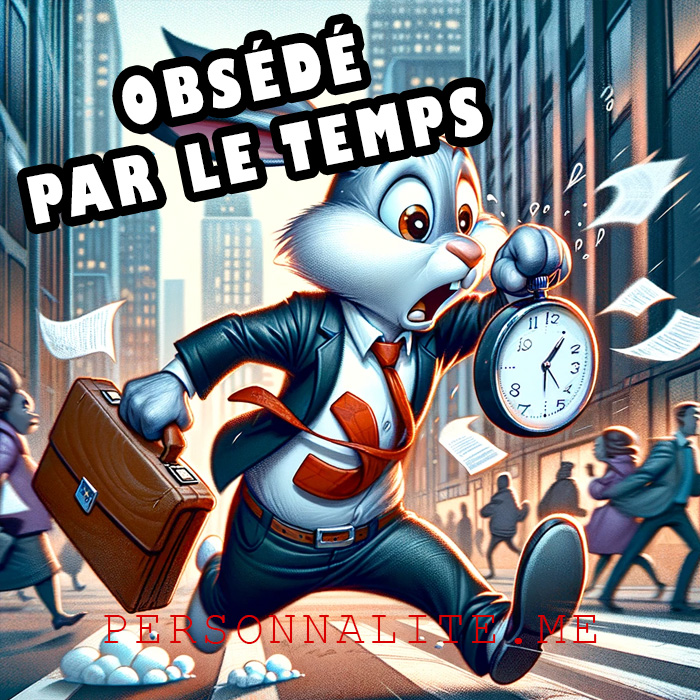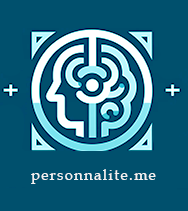Your Relationship with Time
Are You Time-Obsessed… or Chill?
Across cultures, time moves at different speeds. In research from California State University (Fresno), Professor Robert Levine compared several nations and found Japan to have one of the fastest everyday paces, while Indonesia approached time most peacefully.
This quick quiz—similar in spirit to the Stanford Time Perspective Inventory—helps gauge your sense of urgency and time orientation.
-
Being late for an appointment bothers me.
-
I feel lost when I forget to wear a watch.
-
It’s hard for me to do nothing and watch time pass.
-
I can’t stand being kept waiting.
-
Putting off finishing a task annoys me.
-
I make to-do lists.
-
I’m on time for work and help others meet deadlines.
-
I love doing lots of things in as little time as possible.
-
When I have a few hours to spare, I plan how to use them best.
-
If I expect a long wait, I bring work or something to read.
-
I like setting a fixed amount of time for projects.
-
I carry a notepad for to-do lists.
-
You scored points
Time Isn’t a Big Deal to You
 Time constraints rarely shape your choices. Others may feel frustrated by your laid-back approach. Try planning key tasks and sticking to simple deadlines—you’ll keep your freedom and earn trust.
Time constraints rarely shape your choices. Others may feel frustrated by your laid-back approach. Try planning key tasks and sticking to simple deadlines—you’ll keep your freedom and earn trust.
Context Culture shapes how we experience time, but our subjective clock also matters. Levine’s work suggests some people lean past-, present-, or future-oriented. To lower stress, focus on essentials first, then let minor tasks wait.
-
You scored points
Realistic About Urgency
 You manage time responsibly and act when it matters. You balance deadlines with common sense—a healthy middle ground.
You manage time responsibly and act when it matters. You balance deadlines with common sense—a healthy middle ground.
Context Our experience of time shifts with what we’re doing, who we’re with, and our mood. Prioritizing the most meaningful tasks helps keep stress down and momentum up.
-
You scored points
Time-Obsessed
 You’re edging toward clock-watching overload. Reframe what’s truly urgent, tackle priorities first, and let lower-impact tasks wait—life won’t fall apart.
You’re edging toward clock-watching overload. Reframe what’s truly urgent, tackle priorities first, and let lower-impact tasks wait—life won’t fall apart.
Context Culture influences pace, but personal orientation counts. Shifting some focus back to the present can ease pressure without hurting performance.
